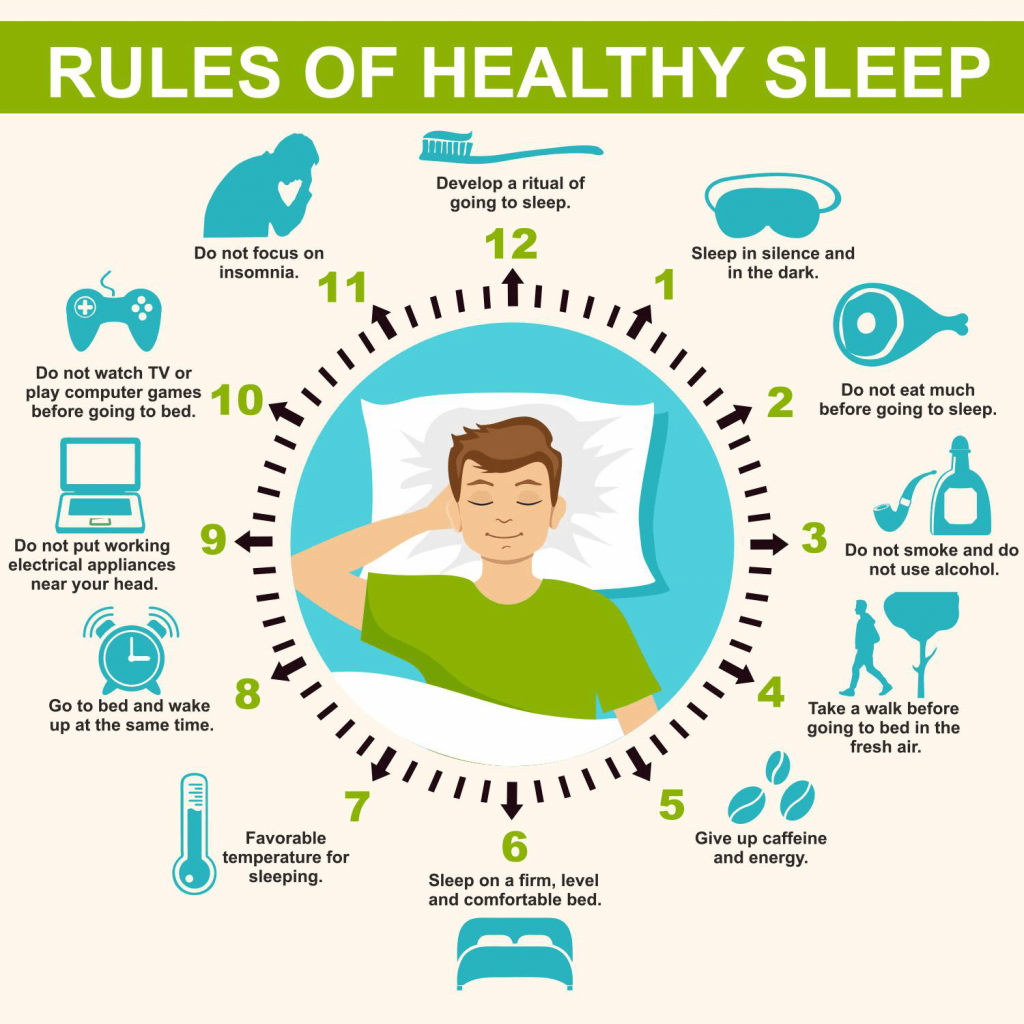Anxiety can wreak havoc on our ability to get a good night’s sleep. When we’re feeling anxious, our minds race with worries and fears, making it difficult to relax and unwind. This can lead to insomnia, restlessness, and overall poor sleep quality.
The Importance of Quality Sleep
Getting a good night’s sleep is crucial for our overall well-being. Sleep plays a vital role in our physical and mental health, affecting everything from our mood to our immune system. When we don’t get enough quality sleep, it can have a negative impact on our daily functioning and overall quality of life.
Tips for Better Sleep
1. Establish a bedtime routine
Developing a bedtime routine can help signal to your body that it’s time to wind down and prepare for sleep. This routine can include activities such as reading, meditating, or taking a warm bath.
2. Limit screen time before bed
The blue light emitted from screens can interfere with your body’s production of melatonin, the hormone responsible for regulating sleep. Try to limit your exposure to screens at least an hour before bedtime.
3. Create a comfortable sleep environment
Make sure your bedroom is conducive to sleep by keeping it dark, quiet, and cool. Invest in a comfortable mattress and pillows to ensure you have a restful night’s sleep.
4. Practice relaxation techniques
Engaging in relaxation techniques such as deep breathing, progressive muscle relaxation, or mindfulness meditation can help calm your mind and body, making it easier to fall asleep.
5. Exercise regularly
Regular exercise can help reduce anxiety and promote better sleep. Aim to incorporate at least 30 minutes of moderate exercise into your daily routine to reap the benefits of improved sleep.
Seeking Professional Help
If you’re struggling with anxiety and sleep issues despite trying these tips, it may be helpful to seek the guidance of a mental health professional. Therapy, medication, or other interventions may be necessary to help you manage your anxiety and improve your sleep quality.
Conclusion
Managing anxiety and improving sleep quality go hand in hand. By implementing these tips and seeking professional help when needed, you can take steps towards better rest and overall well-being. Remember, quality sleep is essential for a healthy mind and body, so prioritize your sleep hygiene and make your rest a priority.

